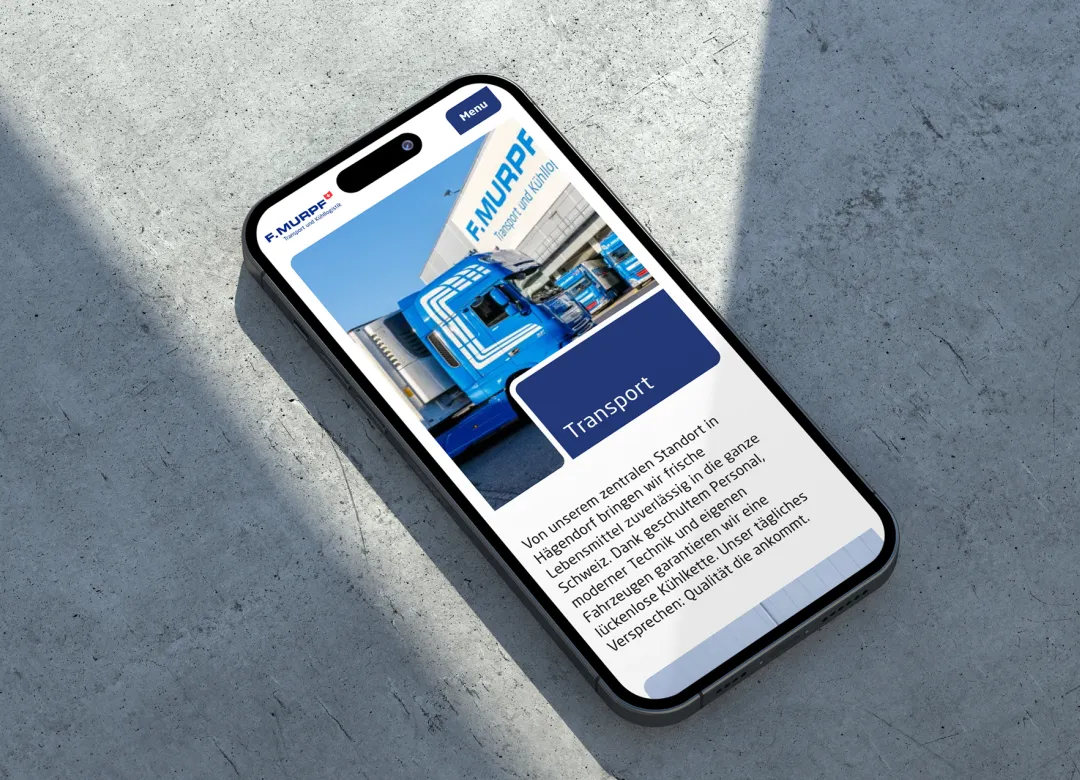Recruiting the Very Best: Seven Tips for the Most Effective Job Postings

Recently we’ve had the pleasure of welcoming three awesome new Sergeants to our ranks. We were so happy to have found the right people for the job that we almost forgot the tricky part that came before. Almost. Because this time, we’ve actually learned a few things in the process...
1. Job title: please don’t hide your job from me
Every good text starts with the right title. In this case: the job title. What can go wrong, you ask? Quite a lot, actually. In an attempt to make the job sound more exciting, some people put all their creativity into the job title of all things. Sure, "digital ninja" may sound cooler than "digital project manager," but it might also prevent your ad from being found by those interested. A completely unnecessary hurdle (unless you’re actually looking for ninjas, I guess).
Then we have those super-long and technical titles for jobs that could be phrased way more concisely. Do you really need a "communications specialist with a focus on social media" or is the same job possibly just called "social media manager" in all the other ads?
We probably don’t even need to mention the importance of inclusive language. As a quick reminder: people who pay attention will immediately know if inclusivity and diversity are actually part of your company’s values, or if you just like listing them prominently on your website.
Learning: Research the common terminology in the industry and save your creativity for the rest of the ad - it often comes up short there.
2. Part-time & starting date: be open-minded
Does is absolutely have to be a full time job or would you be willing to hire someone for 90% or 80% if they proved to be great? Well, put it in the ad! In Europe, Switzerland is second only to the Netherlands in terms of part-time employment. Being willing to discuss part-time as an option demonstrates your flexibility. The same applies to the starting date. Of course, you’ll want to fill the open position as quickly as possible. But few really good applicants will be willing to start next Monday. A simple "or by agreement" shows your willingness to compromise.
Learning: Part-time work or a flexible starting date can be important options for applicants. They should be communicated accordingly.
3. Introduction: make me curious
Think of the first part of your ad as the lead paragraph of a news article: It should summarize the most important things and at the same time make you want to read on. Briefly introduce your company and make the job sound appealing in as few words as possible. No one wants to read a historical essay about your company or a dull parade of the most impressive business figures.
Learning: Less facts and figures – more personality.

4. Job description: don’t make me fall asleep
Granted: Not every company should communicate as creatively as an agency. But showing even just a bit of character would do many a job ad good. What is your company offering that can’t be found elsewhere? Why is your location cool, what makes your team special? It doesn’t matter if you talk about the awesome coffee, the Friday night beers or the view from the break room - these details may not be too important for future employees, but they make your company likeable.
For instance: We like to mention the excessive number of stairs you have to conquer in our agency house - but we always maintain that our picture-perfect pergola makes up for the daily workout. Of course, our job ads would be shorter if we did without these tidbits. But it’s precisely these details that were often picked up on in the job interviews. They went down well, broke the ice and kicked off the small talk. So those two additional lines? Totally worth it.
Learning: Explaining the job is important, but if you want to stand out in a sea of job ads, you need to do more than just string together nouns.
5. Requirements: don’t overdo it
Speaking of nouns: This part of the ad is where they usually get out of control. We all want "flexibility", "team players", "diligence" and "professionalism" - but some of these terms are so over-used that we won’t even register them anymore. Again, less is more. List only the requirements you actually think are important. If the list is longer than the menu at McDonalds, please just leave out a few things. Instead, list the skills that are essential to the job. And ideally, write full sentences instead of bullet points.
Learning: less "good communication skills required" and more "you know how to explain complex projects to our clients".
Good communication leads to good encounters, which may eventually lead to cooperation.
6. As a rule: try to convince me
Some companies sound like they’re doing applicants a huge favour to even consider them for the job. But you’re not going to spark any enthusiasm with ultra-sober phrasing and endless lists of requirements. If you don’t care about enthusiasm: okay. But if you are looking for the best people in a competitive market, focus on why this job might be attractive to applicants.
Learning: less of the "You have to be a jack-of-all-trades, otherwise don’t bother" and more of the "Hey, this job is pretty cool, why don’t you get in touch with us?"
7. Until the end: be fair and friendly
Let’s face it: job hunting can sometimes feel like torture for your ego. We Sergeants have gotten a whole lot of really good applications in response to our recent job ads, giving new meaning to the phrase "spoiled for choice." And even though we could only fill each position with one person, we really appreciate the incredibly talented people we met during the application process. And that's exactly our point: while some didn’t make the cut this time, who knows what the future holds? Good communication leads to good encounters, which may eventually lead to cooperation.
So, where do you start? With a straightforward application process and regular updates on the selection process. Open communication with applicants is vital, even when delays and rejections can’t be avoided. You don’t want to scare anyone away by being careless. Instead you want to say: "Hey, we both know we’re going to have to put you on the rack a little bit. But we have state-of-the-art torture tools and it won’t hurt too much, we promise."
Specifically: provide a contact person for questions instead of an anonymous email address and acknowledge receiving the application materials with an automated but friendly message.



